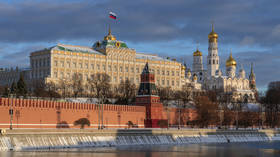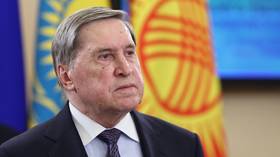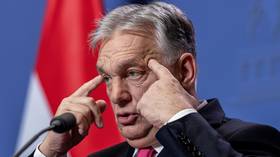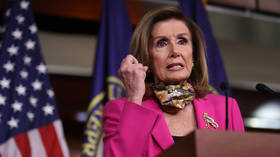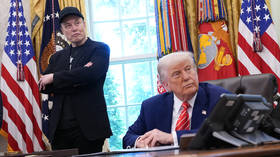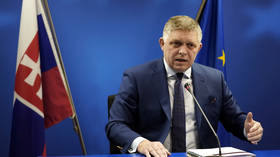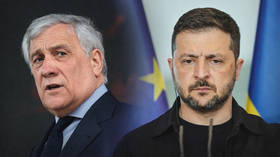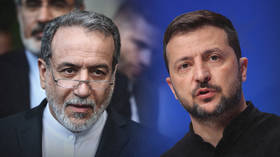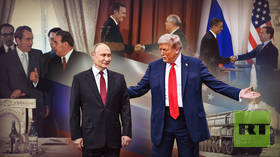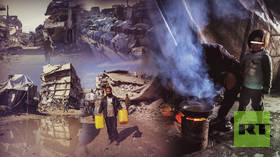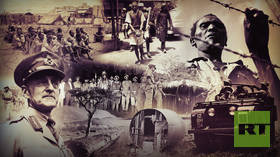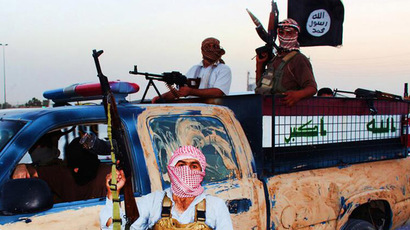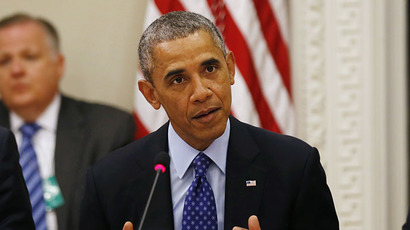Iraq grants US Special Forces 'acceptable assurances' on immunity
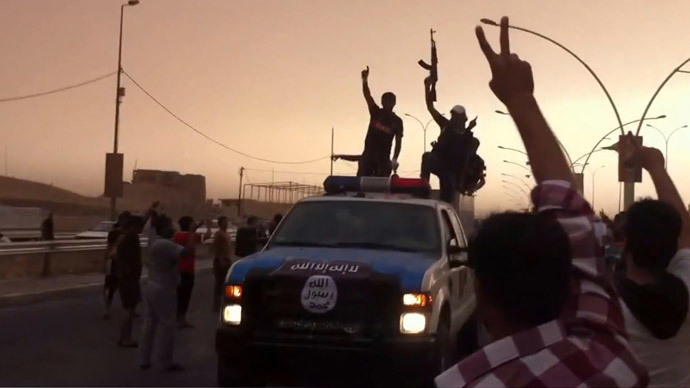
Washington has secured “acceptable assurances” from Iraqi authorities shielding US Special Forces from local law. The deal comes as US forces are set to begin advising the embattled Iraqi army as Sunni militants continue their surge across the country.
All you need to know about ISIS and what is happening in Iraq
The Defense Department has yet to receive in writing immunity agreements for the troops, but "Iraq has provided acceptable assurances" for the 300 Special Forces troops President Barack Obama announced he would send to Iraq on Thursday, John Kirby, the Pentagon press secretary, said in a statement.
“Many of you have asked today about the status of legal protections for the small number of military advisors that will be working inside Iraq,” Kirby said.
“I can confirm for you that Iraq has provided acceptable assurances on the issue of protections for these personnel via the exchange of diplomatic note. Specifically, Iraq has committed itself to providing protections for our personnel equivalent to those provided to personnel who were in country before the crisis. We believe these protections are adequate to the short-term assessment and advisory mission our troops will be performing in Iraq. With this agreement, we will be able to start establishing the first few assessment teams."
The agreement, which came via “diplomatic note,” will see US advisors subject to the Uniform Code of Military Justice, and not Iraqi law.
The issue of US troop immunity has long been a sticking point between Washington and Baghdad. Obama ultimately decided to withdraw all US troops and trainers from Iraq in October 2011, after Iraqi authorities refused to sign up to a new Status of Forces agreement granting American forces immunity from local prosecution.
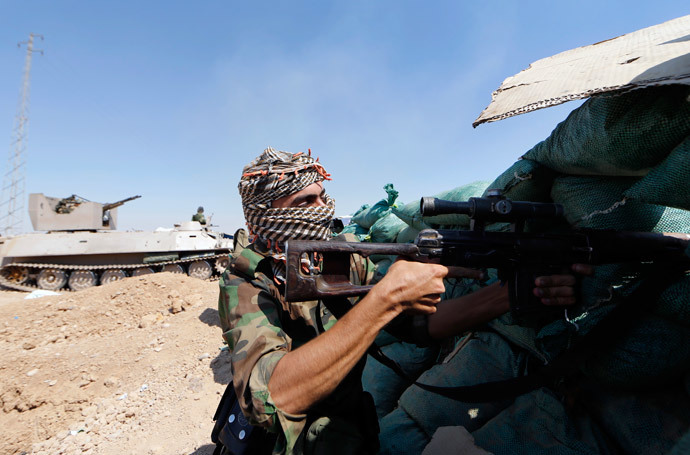
The US military and Secretary of Defense Chuck Hagel have since opposed sending any special operations teams to Iraq unless a written agreement was secured from Baghdad guaranteeing they would not be prosecuted under Iraqi law.
But White House spokesman Josh Earnest assured reporters, "The commander in chief would not make a decision to put our men and women in harm's way without getting some necessary assurances."
None of the Special Forces troops have arrived in Baghdad yet, with Pentagon officials saying they would touch ground by the end of the week. The Pentagon hopes the US trainers will be able to provide a better intelligence assessment of radicals from the Islamic State in Iraq and the Levant (ISIS, or ISIL), including the type and quantity of US-made armaments which they had seized from the Iraqi military.
Defense officials have stressed, however, that there are no plans for them to directly engage in combat.
“They don’t have an offensive role. They’re strictly there as advisers. So they should not, as a matter of routine, come into direct contact with the enemy,” Pentagon spokesman Army Col. Steve Warren said on Monday.
Tough choices ahead
The ongoing offensive by the ISIS is being done with the aim of
achieving total dominance in Iraq by radical Sunni militants. On
June 22, jihadists captured three new towns and two border
crossings, one with Jordan and one with Syria.
On Monday, Earnest expressed the White House’s concerns regarding
the security situation amid the successful ISIS offensive.
He stressed, however, that this was a “problem that’s going to be solved politically, and it’s going to require some very difficult choices to be made by Iraq’s political leaders.”
In an effort to kick start that political solution, US Secretary of State John Kerry made a surprise stopover in Baghdad on Monday. Kerry spoke at length with Iraqi Prime Minister Nouri al-Maliki, Iraq's foreign minister as well as Shiite and Sunni leaders.

In a separate diplomatic victory for the Obama administration, Kerry announced that Iraqi Prime Minister Nouri al-Maliki had agreed to begin the process of forming a new national government by July 1.
"The key today was to get from each of the government leaders clarity with respect to the road forward in terms of government formation," Kerry said.
It is believed the White House would favor a new leader over the Shiite Maliki, who has alienated Sunnis and Kurds by purging moderate members of the opposition from his government.
“When all of Iraq’s people can shape Iraq’s future, when the legitimate concerns and aspirations of all of Iraq’s communities — Sunni, Shiite, Kurd — are all respected, that is when Iraq is strongest,” Kerry said.
“And that is when Iraq will be the most secure,” he added.
On Tuesday, Kerry held additional crisis talks with leaders of Iraq's autonomous Kurdish region in a bid to get them to support Baghdad against Sunni insurgents.
“We are facing a new reality and a new Iraq," Reuters cites Kurdish President Massoud Barzani as saying at the start of his meeting with Kerry. Barzani blamed Maliki’s “wrong policies” for the bloodshed and called on him to step down, saying it was "very difficult" to imagine Iraq staying together.
Iraqi Kurds have ruled themselves in relative peace since the US invasion that toppled Saddam Hussein in 2003. Having long sought their own independent state, they have used the recent violence to expand their own territory, taking control of rich oil deposits.
Meanwhile, more than 1,000 people were killed in Iraq between June 5 and 22, the UN human rights team in Iraq said. The UN team said at least 757 civilians had been killed and 599 injured in Nineveh, Diyala and Salah al-Din provinces during that period. Another 318 people were killed and 590 injured during the same time in Baghdad and areas in southern Iraq.
Spokesman Rupert Colville told reporters onTuesday in Geneva that the figure “should be viewed very much as a minimum.''
Read More: Kerry: US ‘not responsible’ for crisis in Iraq, Libya


